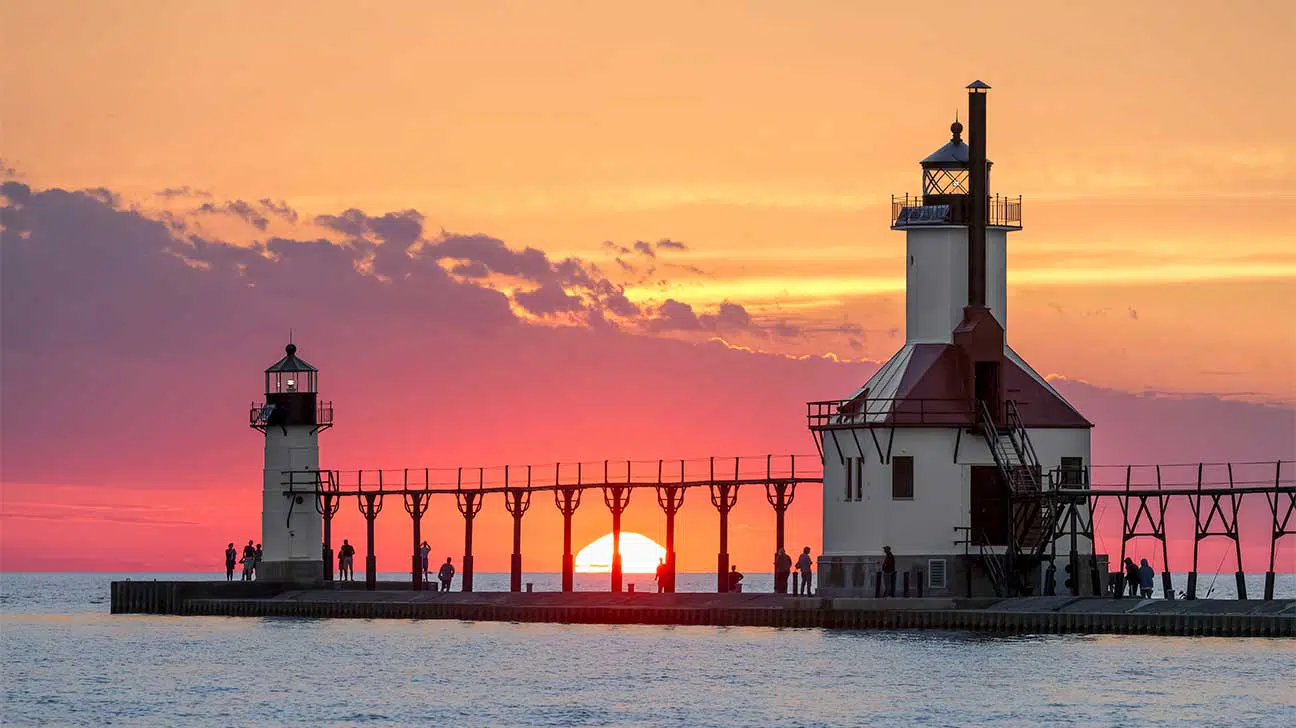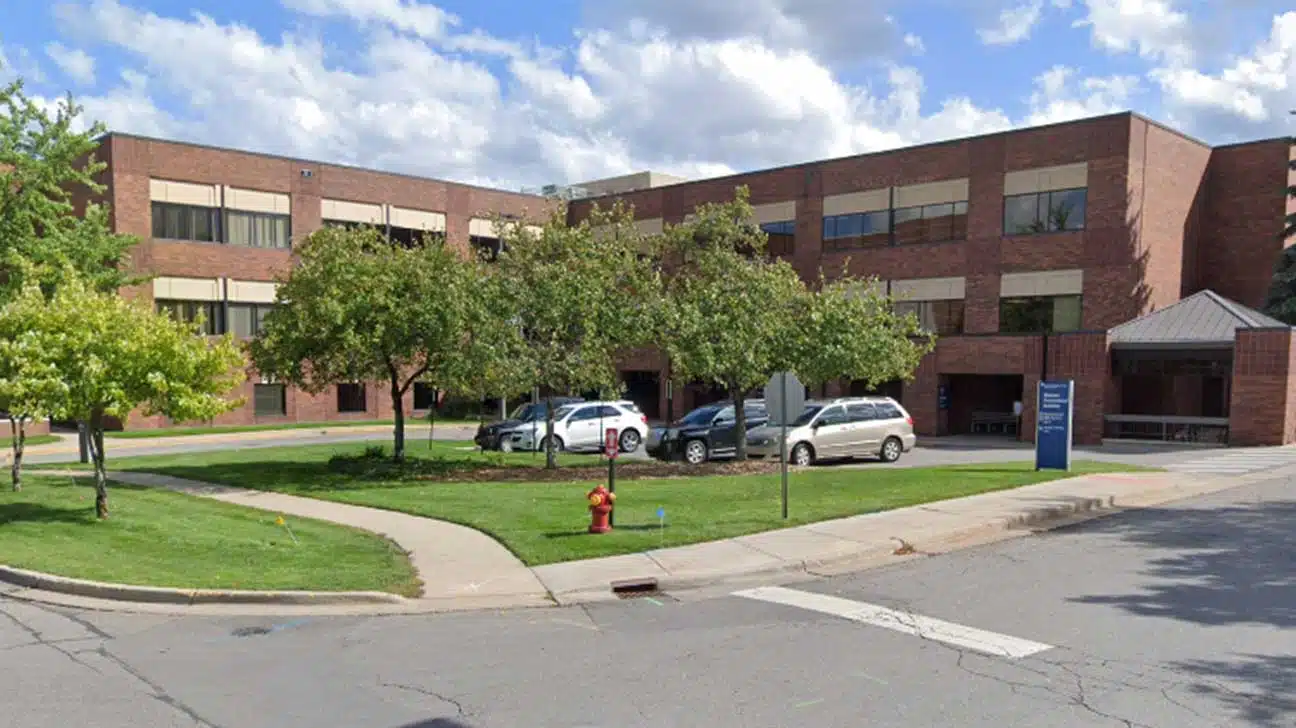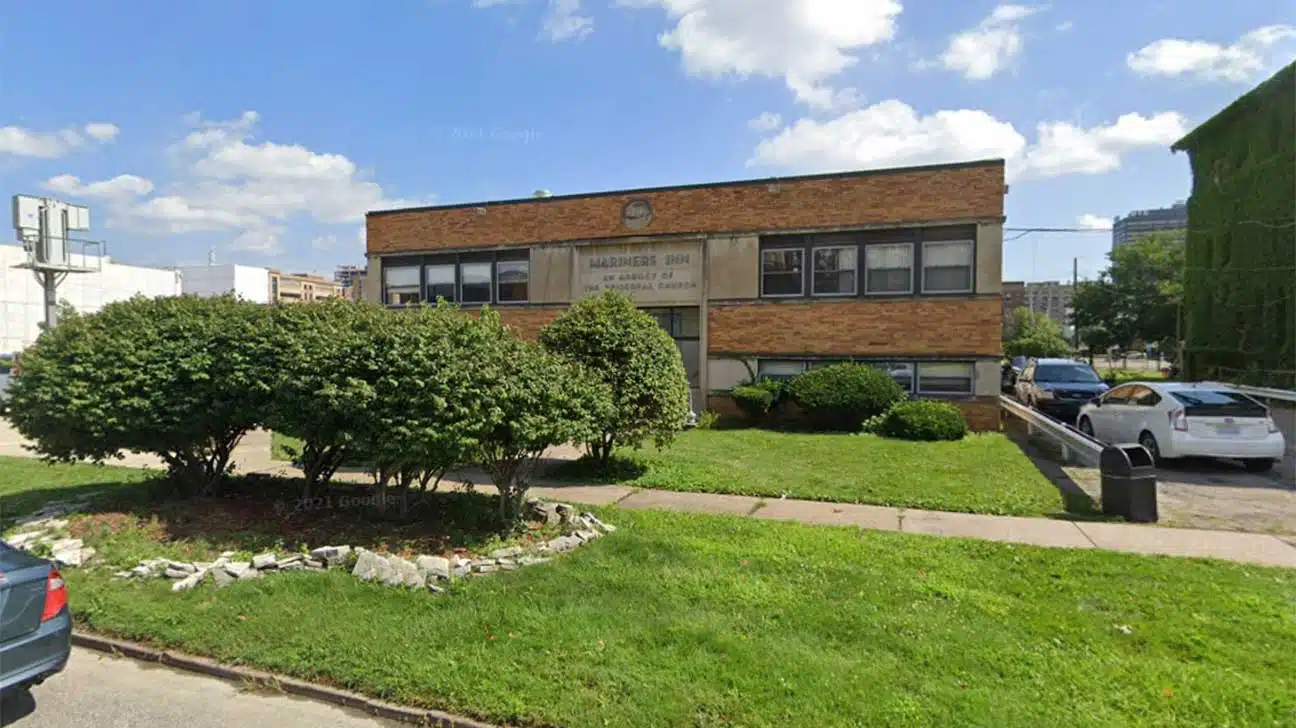
Michigan residents who are interested in drug or alcohol addiction treatment may consider a state-funded rehab center as a more affordable option.
State-funded rehab centers are funded by Medicaid, Medicare, and other government contracts and/or grants. Funds are distributed directly to recovery centers or to government-issued insurance providers.
These funds make it possible for low-income residents to access addiction treatment services without worrying about the cost. Unfortunately, cost is often the greatest deterrent to treatment.
Qualifying individuals in the state of Michigan may be able to receive detox, inpatient, and/or outpatient treatment for a low cost or at no cost.
Learn more about some of the top state-funded addiction treatment services in Michigan.
List Of State-Funded Michigan Rehab Programs
The following rehab centers in Michigan are fully or partially funded by grants or other funding, or accept public health insurance programs such as Medicaid.
The treatment providers below are one or more of the following:
- accredited
- certified
- reviewed positively on Google
- backed by client testimonials
- in partnership with valued organizations
1. Access Behavioral Associates LLC, Plymouth, Michigan
Access Behavioral Associates is a private substance abuse and mental health center that provides outpatient services and counseling for clients of all ages.
Counseling services can help to provide support to the client, as well as his or her loved ones.
Trusted features:
- state licensure
- evidence-based treatment
Levels of care:
- outpatient program (OP)
Treatment services:
- individual therapy
- family therapy
- group therapy
- couples’ therapy
- psychotherapy
- dual diagnosis treatment
Payment options:
- private health insurance
- Medicare
- sliding fee scale
- self-pay
Location and contact information:
42189 Ann Arbor Rd.
Plymouth, MI 48170
(734) 453-5603
2. Addiction Treatment Services, Traverse City, Michigan
Addiction Treatment Services adapts a client-centered approach to determine and support individual needs to treat alcohol and drug abuse.
The treatment center offers withdrawal management as well as residential treatment and outpatient treatment, plus housing for sober living.
The variety of addiction treatment programs ensure that support is provided at various stages of the recovery process.
Trusted features:
- Commission on Accreditation of Rehabilitation Facilities (CARF) accreditation
- evidence-based treatment
Levels of care:
- inpatient program
- detoxification
- intensive outpatient program (IOP)
- outpatient program (OP)
Treatment services:
- individual therapy
- group therapy
- family therapy
- couples therapy
- psychotherapy
- anger management
- trauma-informed therapy
- dual diagnosis treatment
- aftercare
Payment options:
- private health insurance
- Medicaid
- Medicare
- self-pay
Location and contact information:
1010 S. Garfield Ave.
Traverse City, MI 49686
(231) 346-5216
3. American Indian Health And Family Services, Detroit, Michigan
American Indian Health and Family Services (AIHFS) is a non-profit that provides medical, behavioral health, and community services for issues including substance use disorder and suicide prevention.
The treatment facility emphasizes the use of an integrated care model and supports the balance of physical, mental, emotional, and spiritual well-being.
Trusted features:
- Commission on Accreditation of Rehabilitation Facilities (CARF) accreditation
- evidence-based treatment
Levels of care:
- outpatient program (OP)
Treatment services:
- individual therapy
- group therapy
- family therapy
- psychotherapy
- case management
Payment options:
- private health insurance
- Medicaid
- Medicare
- sliding fee scale
- self-pay
Location and contact information:
4880 Lawndale St.
Detroit, MI 48210
(313) 846-6030
4. Barry County Community Mental Health Authority, Hastings, Michigan
Barry County Community Mental Health Authority is a certified behavioral health clinic that provides treatment options for physical and behavioral health, including substance use disorder.
In regard to substance abuse treatment, services are focused on prevention, treatment, and rehabilitation. Services include outpatient, home-based, school, and other community-based programs.
Trusted features:
- Commission on Accreditation of Rehabilitation Facilities (CARF) accreditation
- SAMHSA Certified Community Behavioral Health Clinic (CCBHC)
- evidence-based treatment
Levels of care:
- intensive outpatient program (IOP)
- outpatient program (OP)
- medication-assisted treatment (MAT)
Treatment services:
- individual therapy
- group therapy
- family therapy
- child therapy
- psychotherapy
- substance use prevention services
- care coordination
- case management
- peer support
Payment options:
- private health insurance
- Medicaid
- Medicare
- sliding fee scale
- self-pay
Location and contact information:
500 Barfield Dr.
Hastings, MI 49058
(269) 948-8041
5. Henry Ford Health Systems (HFHS), Multiple Locations
HFHS is a non-profit healthcare organization serving metro Detroit. The facility offers inpatient treatment and a residential rehabilitation center for substance abuse.
The facility’s addiction treatment center primarily serves clients who are experiencing alcohol and/or opioid use disorder.
Specialized programs are provided for teens, women, pregnant women, and other groups.
Trusted features:
- Joint Commission accreditation
- evidence-based treatment
Levels of care:
- residential treatment
- inpatient treatment
- intensive outpatient program (IOP)
- outpatient program (OP)
- medication-assisted treatment (MAT)
- detox
Treatment services:
- individual therapy
- group therapy
- family therapy
- support groups
- recreational therapy
- telehealth
Payment options:
- private health insurance
- Medicaid
- Medicare
- sliding fee scale
- self-pay
Location and contact information:
3235 E. Michigan Ave.
Ste. #150
Jackson, MI 49202
(517) 205-4075
6. Mariners Inn, Detroit, Michigan
Mariners Inn is a homeless shelter and substance abuse treatment provider that treats men with alcohol or drug addiction. The drug and alcohol rehab center treats 2,000 clients each year.
The facility provides short-term treatment for 30 to 90 days as well as transitional housing. Mariners Inn also helps clients find permanent housing after treatment.
The facility was recently approved to add on a 65,500-square-foot residential substance abuse treatment center.
Trusted features:
- Commission on Accreditation of Rehabilitation Facilities (CARF) accreditation
- state licensure
- nonprofit status
- evidence-based treatment
Levels of care:
- residential treatment
- mens treatment
- inpatient treatment
- intensive outpatient program (IOP)
- outpatient program (OP)
Treatment services:
- individual therapy
- group therapy
- cognitive behavioral therapy (CBT)
- motivational interviewing (MI)
- trauma-informed therapy
- Matrix Model
- 12-step recovery groups
- relapse prevention
Payment options:
- private health insurance
- state health insurance
- Medicaid
- Medicare
- sliding fee scale
- self-pay
Location and contact information:
445 Ledyard St.
Detroit, MI 48201
(313) 962-9446
Sources Of State Funding For Michigan Rehab Centers
Going to an alcohol or drug rehab center can be expensive, especially without insurance coverage.
Fortunately, there are many state-funded substance abuse detox centers and treatment facilities throughout Michigan that accept Medicare and/or Medicaid, and may offer free treatment plans to qualifying clients.
Keep reading to learn about how state-funded rehab centers are supported in Michigan state.
Government-Funded Health Insurance
If you do not have private insurance coverage, you may want to consider your eligibility for a government-funded program, such as Medicaid or Medicare.
Multiple treatment centers in Michigan accept Medicaid and some also take Medicare. If you are deemed eligible, the only fee you’ll be responsible for is a low co-payment.
Low-income adults, pregnant women, children, and people with disabilities may be eligible for Michigan Medicaid.
The state of Michigan operates MIChild, Maternal Infant Health Program (MIHP), and Healthy Michigan Plan (HMP). Adults age 65 and older may be eligible for Michigan Medicare.
Federal And State Funds
Many non-profit and state-run treatment facilities have government contracts or receive grant funding from the state or federal government.
Federal government funds come from the Substance Abuse and Mental Health Services Administration (SAMHSA).
SAMHSA provides two block grants, one for mental health and one for substance abuse, aimed at assisting organizations and non-profits that work to educate, treat, and prevent mental illness and addiction.
Any combination of the above funds may be used to help cover treatment expenses for people with low incomes.
Michigan State-Funded Drug And Alcohol Addiction Treatment Services
Whether you’re using government-funded health insurance or choosing a rehab center that offers grant-funded programs, you can find a treatment plan that meets your recovery needs.
Treatment options at state-funded rehab centers include:
- detox
- inpatient programs
- outpatient programs
- intensive outpatient programs
- partial hospitalization programs
- residential treatment programs
- outpatient behavioral therapy
- medication-assisted treatment services
- aftercare programs
FAQS For State-Funded Rehab Programs
Navigating the process of gathering information about state-funded rehab facilities can be difficult.
To make the process easier, we compiled a short list of answers to frequently asked questions to help direct your search.
What Is The Cost Of A State-Funded Rehab Program In Michigan?
The cost of a state-funded rehab program will vary depending on the program itself, whether you have Medicare, Medicaid, or private health insurance, and your specific needs.
For the most accurate information about the cost of a state-funded rehab program, you should contact your program of choice and speak with a representative.
What Is The Purpose Of A State-Funded Rehab Center?
Private rehabilitation centers for drug and alcohol addiction, and other addictions, may feature a range of luxuries, from equine and art therapy to pools and spas.
However, these luxuries carry a hefty price tag. Because of the high cost, it’s not possible for everyone with addiction issues to receive the help they need.
State-funded rehab centers help low-income Michigan residents and those without health insurance receive the help they need.
Some individuals may qualify for free rehab. Others may qualify for a sliding scale that brings the price to an affordable range, and others may be eligible for payment options that allow them to pay costs over time.
Without these facilities, it may not be possible for everyone who needs and wants help to receive it.
What If I Can’t Get Into A Michigan State-Funded Rehab Program?
There are other options for free addiction treatment in Michigan that you may consider looking into if you can’t get into one of the state’s partially or fully funded rehab centers.
Find Substance Abuse Treatment Today
For more information about the treatment options available, contact Addiction Resource and speak with one of our representatives for a free referral.
Updated on January 19, 2024
Addiction Resource aims to provide only the most current, accurate information in regards to addiction and addiction treatment, which means we only reference the most credible sources available.
These include peer-reviewed journals, government entities and academic institutions, and leaders in addiction healthcare and advocacy. Learn more about how we safeguard our content by viewing our editorial policy.
- Substance Abuse and Mental Health Services Administration (SAMHSA) — Substance Abuse and Mental Health Block Grants
https://www.samhsa.gov/grants/block-grants


